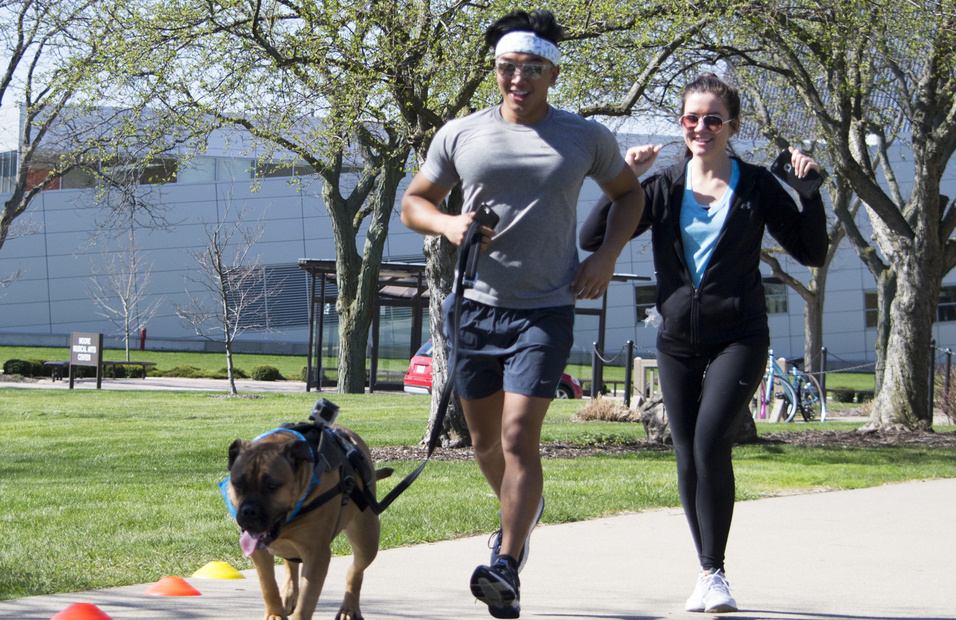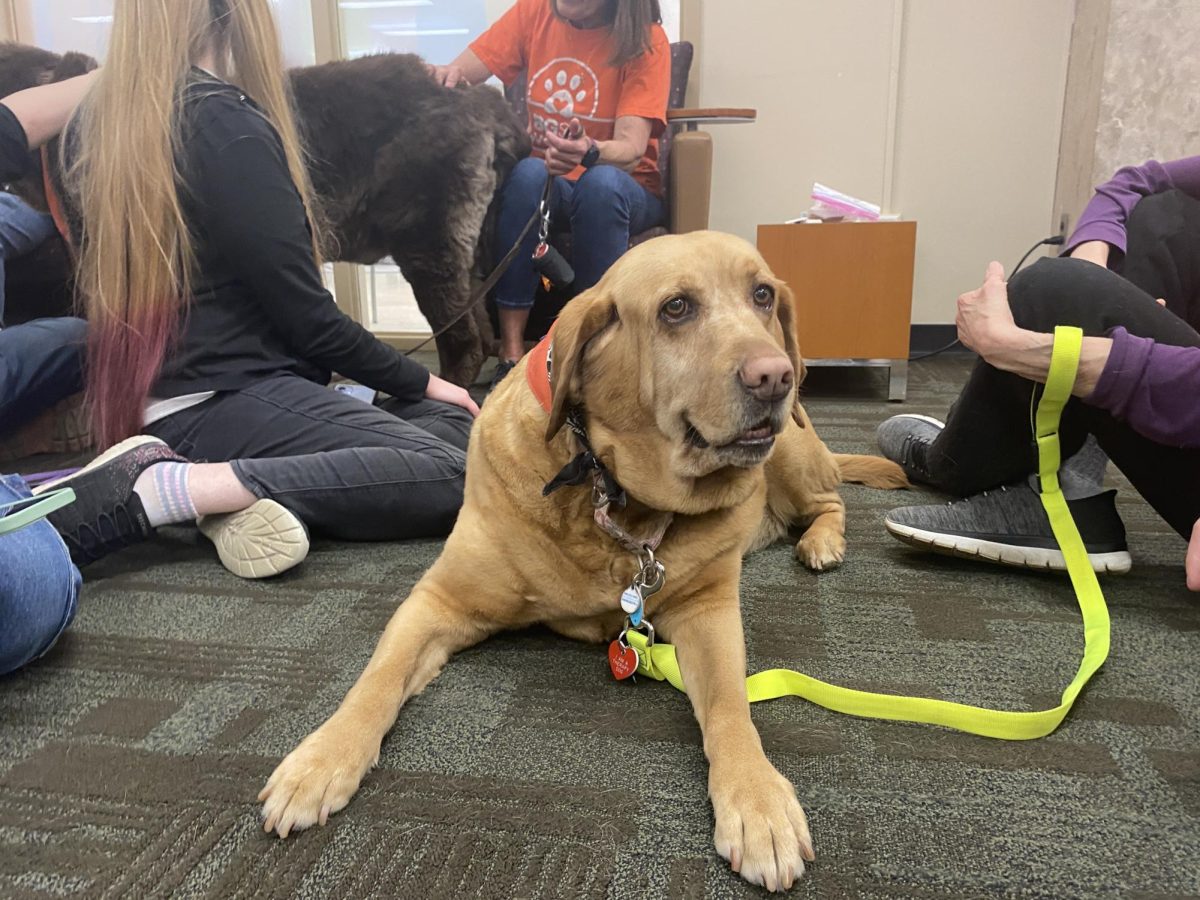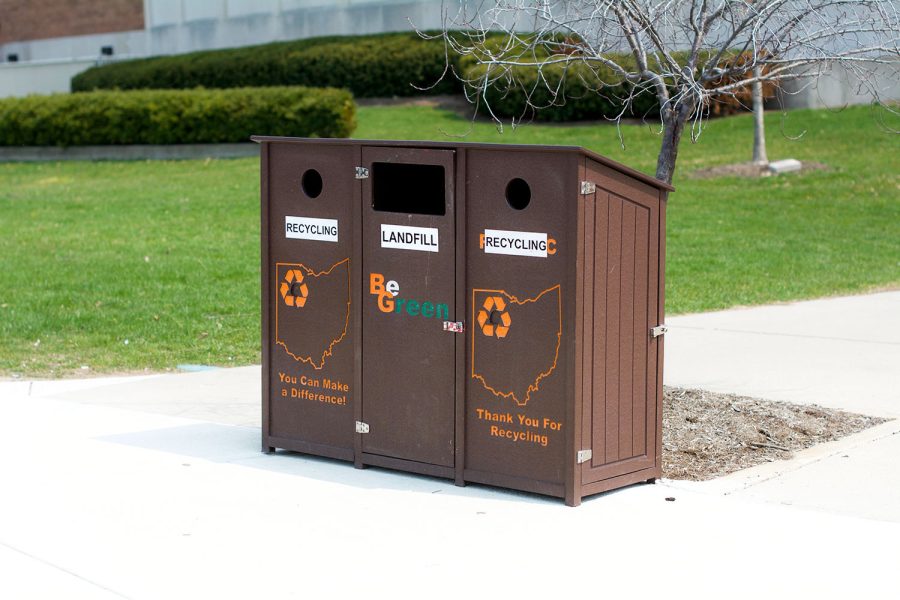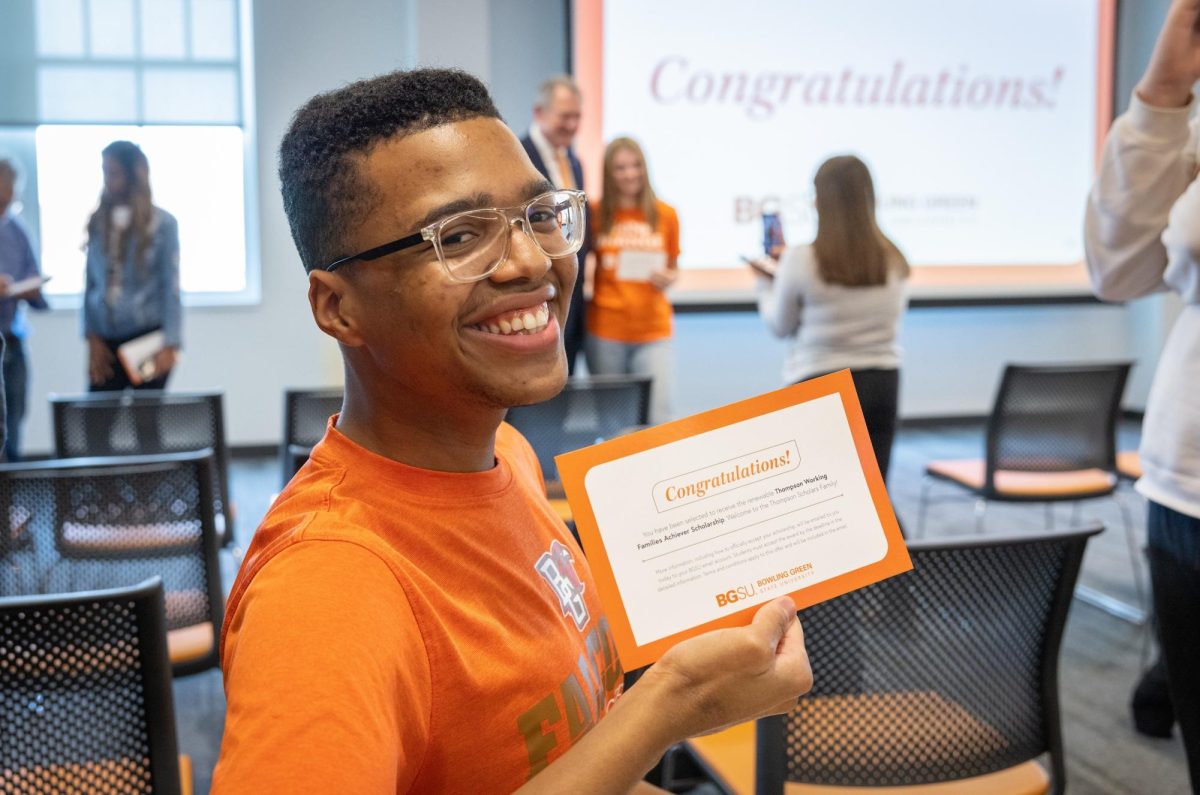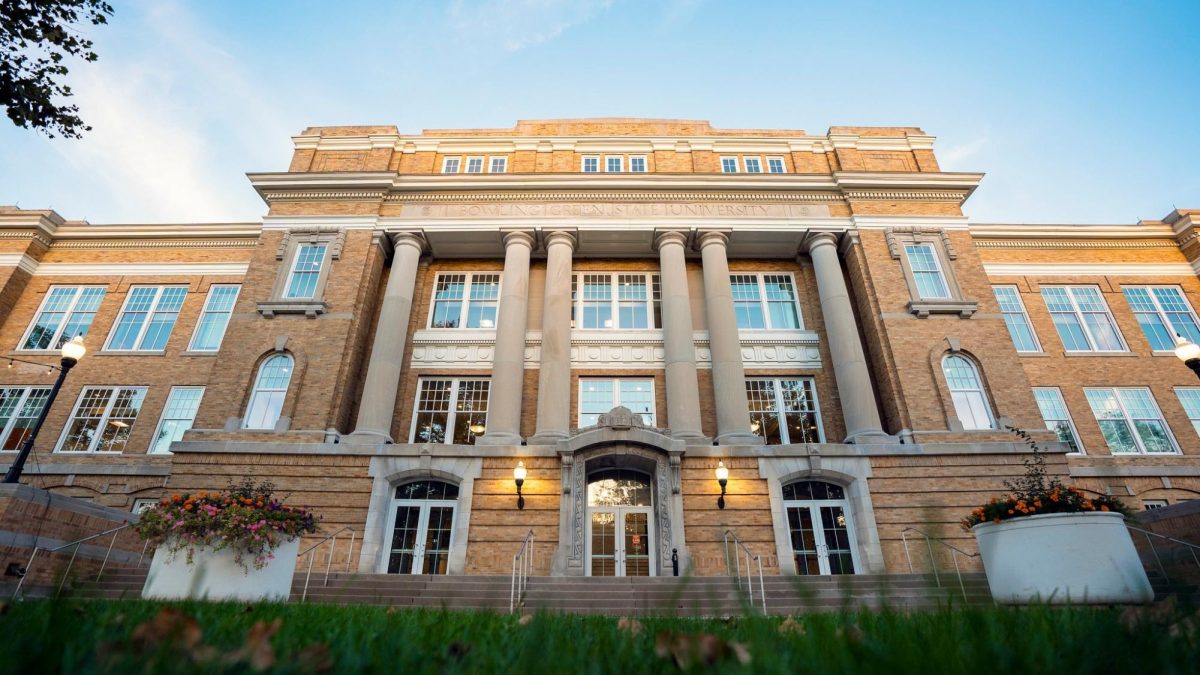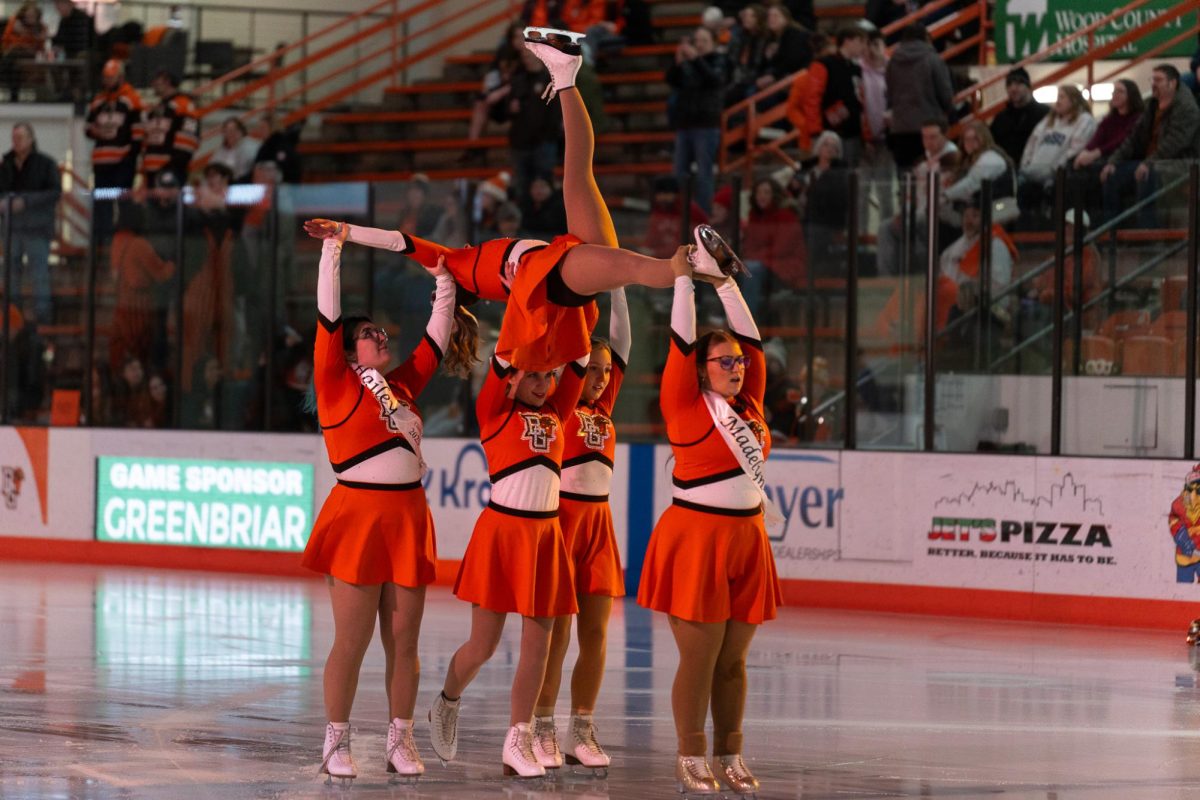People have been taught to be polite and hold doors for others, but when it comes to the residence halls, that is not what should be done.
Tim Shaal, senior associate director of residence life, said even though it may be the polite thing to do, it is not the safest thing to do.
“What people fail to realize is that the residence halls are your home, they’re your house; you wouldn’t let just anybody come through the door to your house,” he said.
Propping doors includes using any item keeping the door from shutting and locking. It includes people holding the door open. Students who are standing outside smoking and holding the door open after hours are also in a violation of policy, Shaal said.
“Really it’s a violation of two policies because you can’t smoke on campus anymore,” he said.
The biggest concern that arises out of the doors being propped is that it puts the community at risk.
Sophomore Meagan Moyer said propping the doors raises a lot of concerns for the people in the residence halls.
“On the weekends, ‘randoms’ could just walk in,” she said. “It’s just asking for something bad to happen.”
The main reason for students propping the doors is convenience for themselves.
“The students view the side doors as a convenient entrance,” Shaal said. “So rather than having to walk a little bit further, they tend to take the shortest route.”
Resident Advisers, Campus Police and other staff members do walks around the building several times each night to check the doors and make sure nothing is wrong inside the dorms.
Michael Ginsburg, associate dean of students, said finding the exact number of students who have been propping doors is a difficult thing to find.
“With door propping, it is more common for staff to find doors propped than it is to find people around the doors being propped,” he said.
When students are caught propping doors, the severity of their consequences can vary person to person, depending on if they have any past violations of the student code of conduct, Shaal said.
Ginsburg said although door propping is a serious safety concern, the hall staff are the people who will initially deal with it.
“We would have the hall staff meet with that student and resolve that case,” Ginsburg said. “If it happened a second time, it would move on to another level of the process.”
There have been cameras in the residence halls in past years with the availability to look at the footage. Shaal said they did not use the footage to catch people propping doors.
Residence Life has placed more cameras at the doors of the residence halls this year, however, and Ginsburg said this will help them find students who are propping doors.
“We can use that footage starting this year when there is a door propped to go back and see that camera footage,” he said.
Shaal said there have been no major instances at the University where someone was harmed after someone got into a building through a propped door, but there have been on other college campuses.
In 1986 at Lehigh University in Pennsylvania, freshman Jean Clery was raped and murdered in her residence hall room as a result of someone propping open a door.
Ginsburg said students often do not consider the consequences of door propping, and do things they think will be more convenient.
“People take it lightly because they don’t think about the bigger consequences,” he said. “If you’re thinking to yourself ‘oh I’m just running out to my car to bring my laundry bag in from the weekend,’ or ‘I just want to be able to go outside to have a quick cigarette and not have to go through the front desk,’ you don’t think about what could possibly happen in that few minutes that the door is left unattended.”



